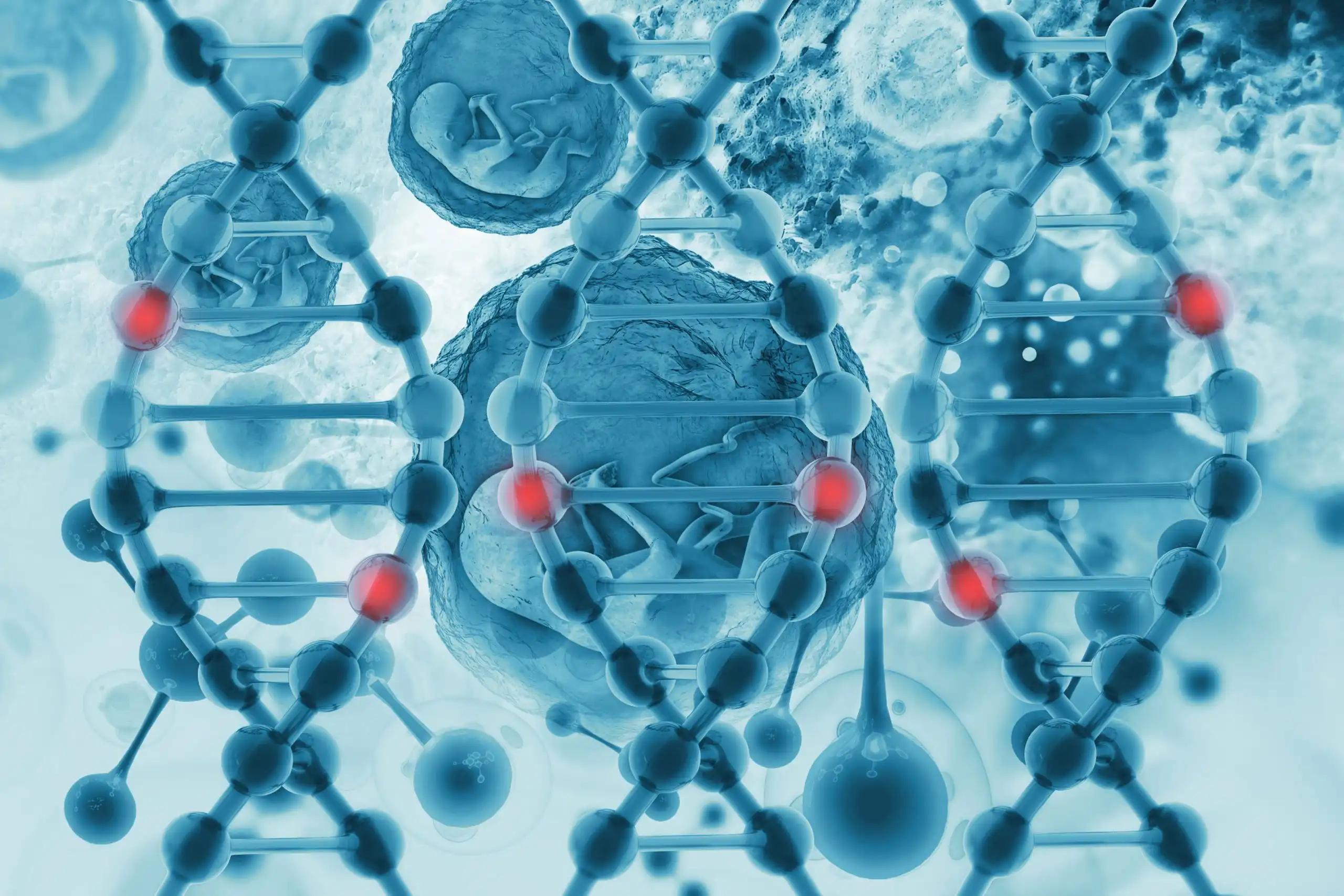KEY TAKEAWAYS
- A Phase 3 study evaluated the efficacy of chemotherapy in women with hormone-receptor-positive.
- The primary aim was to assess the impact of chemotherapy on iDFS and whether the recurrence score influenced the outcome.
- Female patients with one to three positive axillary lymph nodes and a recurrence score of 25 or lower were randomly allocated to either endocrine therapy.
- The chemotherapy benefit of increasing iDFS varied based on menopausal status, and distinct prespecified analyses were performed.
- The study demonstrated that adjuvant chemotherapy does not benefit postmenopausal women with hormone-receptor-positive.
The 21-gene breast cancer assay’s recurrence score has proven to be a valuable clinical tool in forecasting the efficacy of chemotherapy in cases of hormone-receptor-positive, human epidermal growth factor receptor 2 (HER2)-negative, and axillary lymph-node-negative breast cancer. The ambiguity of the recurrence score’s ability to predict the advantage of adjuvant chemotherapy in women with positive lymph node disease remains uncertain. In a prospective clinical study, female patients diagnosed with hormone-receptor-positive, HER2-negative breast cancer, with one to three positive axillary lymph nodes and a recurrence score of 25 or lower (scores range from 0 to 100, with higher scores indicating a worse prognosis) were randomly allocated to receive either endocrine therapy alone or chemoendocrine therapy. The principal aim was to assess the impact of chemotherapy on invasive disease-free survival and ascertain whether the recurrence score influenced the outcome. The secondary endpoints include distant relapse-free survival.
A cohort of 5083 female individuals (33.2% premenopausal and 66.8% postmenopausal) were subjected to randomization, with 5018 ultimately consenting to participate in the clinical trial. At the prespecified third interim analysis, the chemotherapy benefit of increasing invasive disease-free survival varied based on menopausal status (P = 0.008 for comparing chemotherapy benefit in premenopausal and postmenopausal participants), and distinct prespecified analyses were performed. In postmenopausal women, the 5-year invasive disease-free survival rate was 91.9% in the endocrine-only group and 91.3% in the chemoendocrine group. The hazard ratio for invasive disease recurrence, new primary cancer (breast cancer or another type), or death was 1.02 with a 95% confidence interval of 0.82 to 1.26 and a P=0.89, indicating no benefit from chemotherapy. In premenopausal women, the rate of invasive disease-free survival at 5 years was 89.0% with endocrine-only therapy and 93.9% with chemoendocrine therapy. The hazard ratio was 0.60 with a 95% CI of 0.43 to 0.83 and a P =0.002. There was a comparable increase in distant relapse-free survival with a hazard ratio of 0.58, a 95% CI of 0.39 to 0.87, and a P =0.009. There was no proportional escalation in the chemotherapy advantage with an increase in the recurrence score. In premenopausal women with one to three positive lymph nodes and a recurrence score of 25 or lower, chemoendocrine therapy resulted in longer invasive disease-free survival and distant relapse-free survival compared to endocrine-only therapy. However, adjuvant chemotherapy did not benefit postmenopausal women with similar characteristics.
Source: https://pubmed.ncbi.nlm.nih.gov/34914339/
Clinical Trail: https://clinicaltrials.gov/ct2/show/NCT01272037
Kalinsky K, Barlow WE, Gralow JR, Meric-Bernstam F, Albain KS, Hayes DF, Lin NU, Perez EA, Goldstein LJ, Chia SKL, Dhesy-Thind S, Rastogi P, Alba E, Delaloge S, Martin M, Kelly CM, Ruiz-Borrego M, Gil-Gil M, Arce-Salinas CH, Brain EGC, Lee ES, Pierga JY, Bermejo B, Ramos-Vazquez M, Jung KH, Ferrero JM, Schott AF, Shak S, Sharma P, Lew DL, Miao J, Tripathy D, Pusztai L, Hortobagyi GN. 21-Gene Assay to Inform Chemotherapy Benefit in Node-Positive Breast Cancer. N Engl J Med. 2021 Dec 16;385(25):2336-2347. doi: 10.1056/NEJMoa2108873. Epub 2021 Dec 1. PMID: 34914339; PMCID: PMC9096864.



